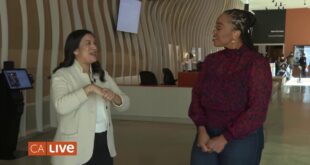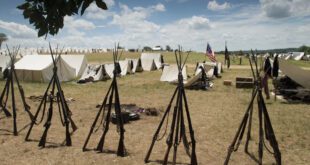Studying History to Understand the Present
There is nothing new in studying history in order to better understand the present (‘I was terrified about parental backlash’: taking contested history into schools, 11 January).
This approach was part of the intellectual underpinning of the so-called “new history” movement, epitomised by the Schools Council History Project (SHP), which sought to focus on the study of evidence, interpretations of history and studying history to better understand the present.
The conservative “campaign for real history” groupies lobbied against this approach and in favour of sequential, narrative, Anglo-centric, royalty-dominated curricula, and didactic pedagogy. All, of course, right up Michael Gove’s street.
The Arab-Israeli Conflict in GCSE History Syllabi
The Arab-Israeli conflict is, in fact, a long established, if optional, component of two of the three most common GCSE history syllabi. Teachers are scared to touch the topic. I have offered to go into my local secondary school to facilitate sessions on this with older pupils. Without success. Of course, any readers who studied SHP history will immediately see that my interpretation is contestable.
 Mind Uncharted Explore. Discover. Learn.
Mind Uncharted Explore. Discover. Learn.


